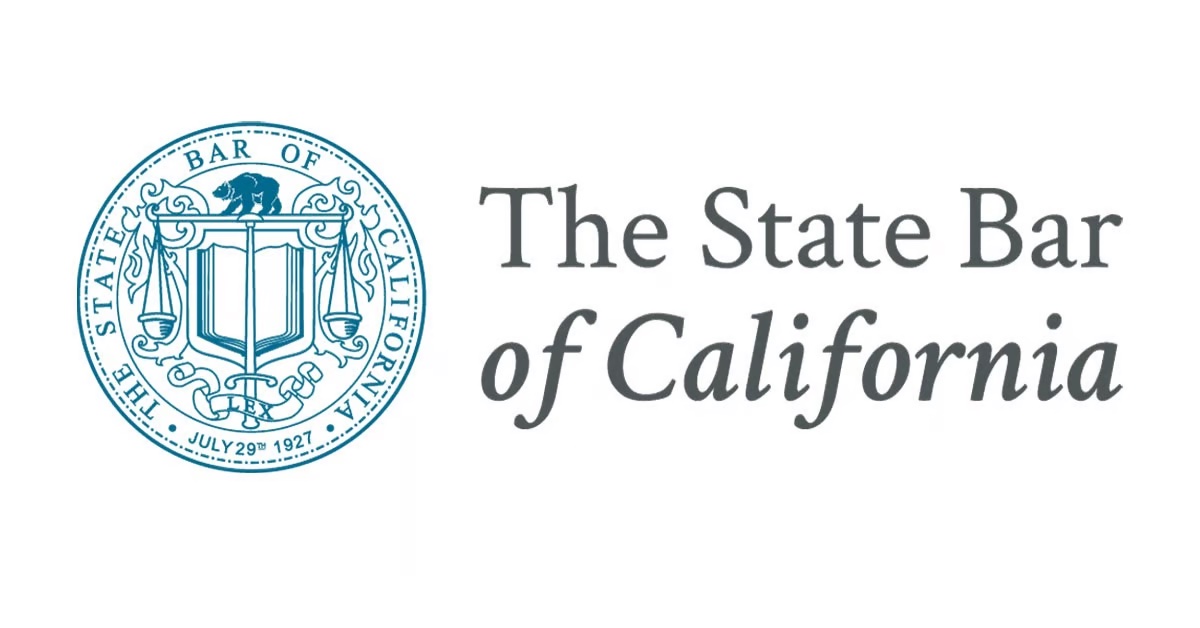and Probate Law Firm
Responsibility for a Deceased’s Debts
As a Folsom probate lawyer, I often am asked how a deceased’s debts are supposed to be handled. The responsibility for a deceased person’s debts depends on several factors, including the nature of the debts, whether the deceased had a will or not, and the laws of the jurisdiction in which the individual lived. Here are some general guidelines:
1. Estate Responsibility:
- In mostcases, the deceased person’s estate is responsible for settling their debts. This means that the assets of the deceased, such as property, bank accounts, and personal belongings, are used to pay off outstanding debts. The executor of the deceased’s will or the administrator of the estate (if there is no will) is typically responsible for managing this process through probate.
2. Secured Debts:
- Secured debts, such as mortgages or car loans, are often attached to specific assets. If the deceased had secured debts, the creditor may have a claim on the associated collateral. If the estate cannot cover the debt, the creditor may repossess or sell the collateral to satisfy the debt.
3. Unsecured Debts:
- Unsecured debts, such as credit card balances or medical bills, are typically paid from the deceased’s estate if there are sufficient assets. If the estate lacks the funds to cover the debts, the creditors may have to write off the debt, unless there are co-signers or joint account holders who are still alive and legally responsible for the debt.
4. Joint Debts:
- If the deceased had joint debts with another person, the co-signer or joint account holder may become solely responsible for the remaining debt. For example, if a married couple has joint credit card debt and one spouse passes away, the surviving spouse may be responsible for the full amount.
5. Community Property States:
- In community property states, such as California, spouses may be responsible for certain debts incurred during the marriage, even if the debt was in the name of only one spouse. The rules vary by state, so it’s important to be aware of the specific laws in the jurisdiction.
6. Probate Process:
- The probate process is where the deceased’s will is validated, and the estate is administered. During probate, creditors have the opportunity to file claims against the estate. The estate’s assets are used to pay off these claims in a specific order of priority, as determined by local laws.
7. Life Insurance and Retirement Accounts:
- Certain assets, such as life insurance proceeds and retirement accounts with named beneficiaries, typically pass directly to the beneficiaries and are not subject to probate. These assets may not be used to pay off the deceased’s debts.
Conclusion
It’s crucial to consult with legal and financial professionals to understand the specific laws in your jurisdiction and to navigate the complex process of settling a deceased person’s estate. If you are the executor or administrator, seeking the advice of an experienced Folsom probate lawyer can help ensure that you fulfill your responsibilities and obligations correctly. If you have any other questions about the responsibility for a deceased’s debts, contact Thapar Law at 916-579-0605 or send us a message.







